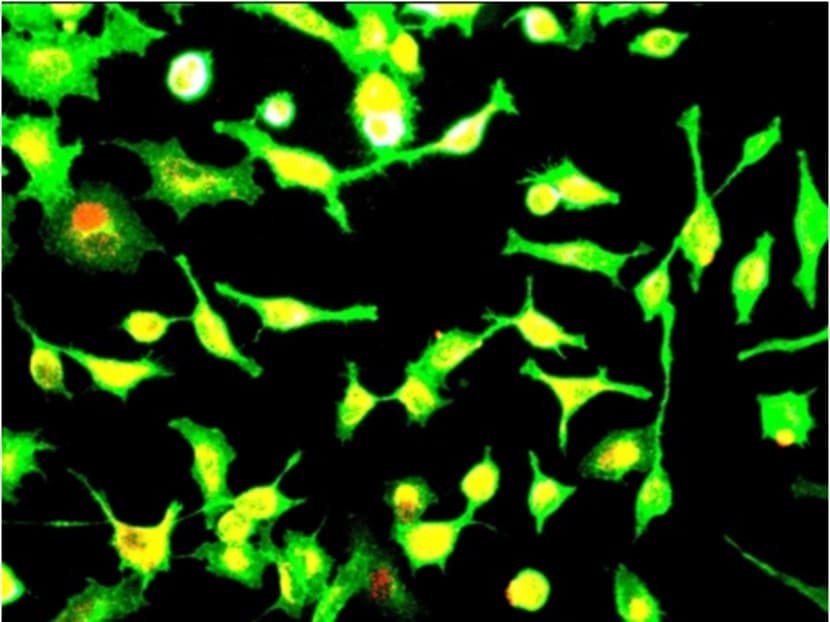Cancer treatment breakthrough made by A*Star scientists
SINGAPORE — Researchers at Singapore’s scientific research agency A*Star have discovered a new way to boost the body’s ability to control and eliminate cancerous cells.

SINGAPORE — Researchers at Singapore’s scientific research agency A*Star have discovered a new way to boost the body’s ability to control and eliminate cancerous cells.
The team from the A*Star’s Singapore Immunology Network (SIgN) reported in the Nature Communications journal their discovery of the pivotal p53 gene, also known as the “Guardian of the Genome”, a tumour suppressor which fights cancer by causing damaged cells to die or by stopping the growth of mutant cells before they become cancerous and spread to the rest of the body.
The new cancer-fighting strategy the SiGN researchers have developed works by sabotaging the ability of the cancer cells to hide from the immune system.
When mutated, p53 becomes a key cancer-causing gene. Studies have shown that more than half of all human cancers carry defects in that gene, while almost all other cancers with a normal p53 function carry other defects which indirectly impair the cancer-fighting function of p53.
“This may explain how cancer cells escape detection by our body’s immune system. More importantly, it opens up exciting avenues of research to explore how restoration of p53 with drugs such as those that target ERAP1 can help to harness the immune system to recognise and destroy cancer cells,” said team leader of SIgN, Associate Professor Ren Ee Chee.
The SIgN researchers discovered that p53 influences the production of a special protein, MHC I, which serves as targets for the immune system. Having less MHC I in the body may thus allow cancer cells to hide better and escape detection by the immune system.
By controlling the amount of another protein, ERAP1, the researchers found that p53 can regulate MHC I production. ERAP1 has also been found to be associated with a number of disease conditions, including tumour malignancy, multiple sclerosis and autoimmune disease.
“The team has uncovered a new door to manipulate one of the most studied yet enigmatic cancer-associated genes of our times. I am confident that this work will pave the way for more targeted, efficient and cost-effective treatment for the millions of cancer patients globally,” said the Acting Executive Director of SIgN, Associate Professor Laurent Renia.
Fourteen Singaporeans die from cancer every day, making it the No 1 killer in Singapore, according to the Ministry of Health.





